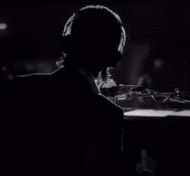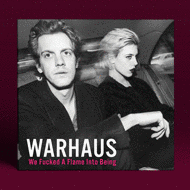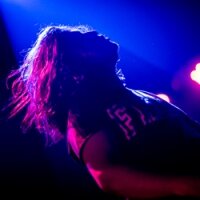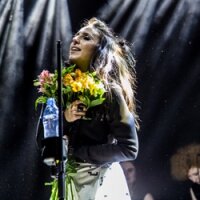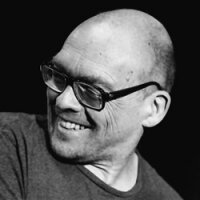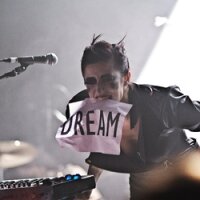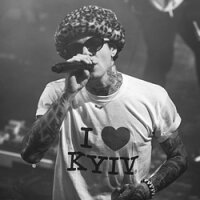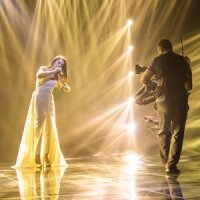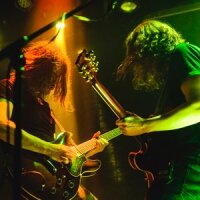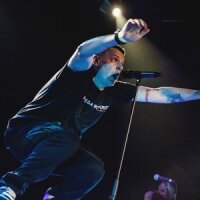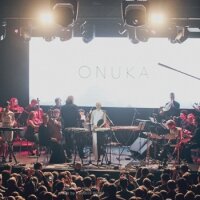17.11
В Украине покажут балетное шоу под музыку Metallica, Баха и Дэвида Боуи
14.11
Песня дня: J.Bernardt «Calm Down»
14.11
Если использовать промокод на сайте
Покердом Казахстан, то можно получить вознаграждения
10.11
Песня дня: The xx «On Hold»
10.11
Karabas и Uber бесплатно свозят на концерт
8.11
В США меломанов заманивают на выборы премьерами песен
8.11
В кинотеатре «Киев» пройдёт панк-уикенд
7.11
«Звёздные войны» на обложках культовых альбомов
4.11
Boiler Room будет транслировать вечеринки и концерты в виртуальной реальности
3.11
Иван Дорн сыграет джаз в Киеве
3.11
В Киеве пройдут субботние интенсивы по культурной журналистике
2.11
Дэвид Огаст устроит новогоднюю вечеринку в Киеве
31.10
Moderat выпустят концертный альбом
27.10
В кинотеатре «Киев» покажут фильм с Дэвидом Боуи
24.10
Павло Зибров подиджеит в Atlas в честь Хэллоуина






















